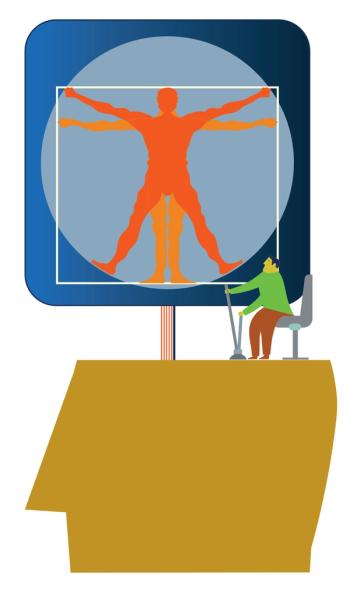
It is important to recognize and document the abilities and deficits of a patient in order to determine capacity.

It is important to recognize and document the abilities and deficits of a patient in order to determine capacity.

Acute intoxication is the most likely culprit for an increased risk of violence or agitation, but personality, psychosis, and cognitive problems can all play a role. A skilled clinician can glean a great deal of information in a short period of time.

The glutamate model of schizophrenia proposes that dysfunction will involve which brain regions?

Results from a major study provide evidence that coordinated specialty care can improve outcomes for first episode psychosis. Dr Insel writes about the RAISE project and other recent studies of coordinated care.

The Medici effect is upon us in biomedicine, and it’s called convergence science.

The abuse of alcohol by patients with schizophrenia is a remarkably common phenomenon. Here: findings from a 6-month randomized trial of long-acting injectable versus oral risperidone in patients with schizophrenia and comorbid alcohol use disorder.

Deficits in emotion recognition among at-risk patients may predict eventual transition to schizophrenia.
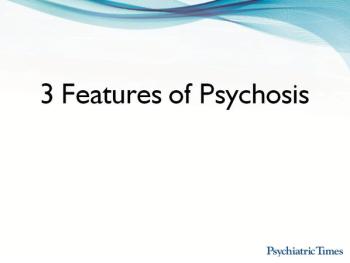
In psychosis, the mind disposes of or deflects certain (real) information. Is that so different from a “nonpsychotic” mind?

What percentage of patients hospitalized for a first episode of schizophrenia who had threatened others had displayed overt signs of illness for over a year?
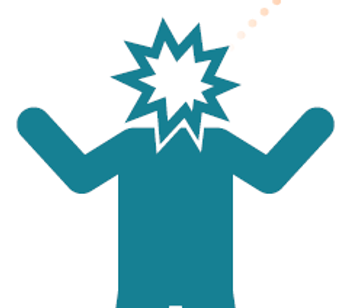
Treatment with a selective estrogen receptor modulator in adjunct to antipsychotics was associated with improvements in attention and memory in men and women with schizophrenia in a recent trial.

What are the pros and cons of marijuana use? Dr Andrew Saxon gives his viewpoint on why he is against medical marijuana but in favor of legalization of recreational use of marijuana.
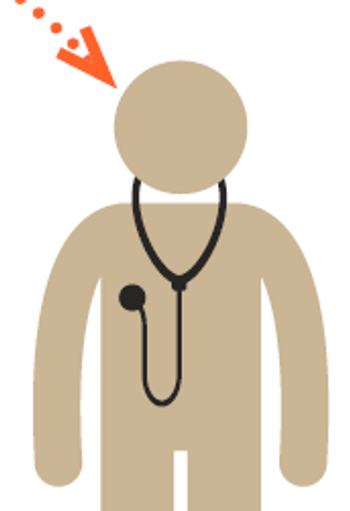
Dose escalation is often applied in the management of psychosis when patients do not initially respond to therapy, but a recent study brings this strategy under question.
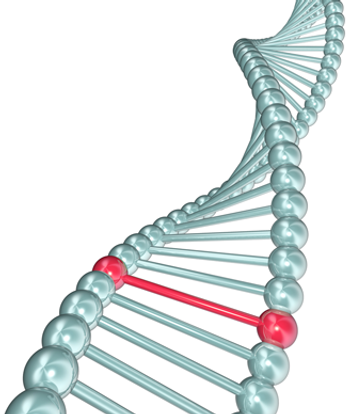
A recent study from the Bipolar-Schizophrenia Network on Intermediate Phenotypes (B-SNIP) investigated the genetics of the auditory event-related potential, a putative psychosis biomarker.

Can schizophrenia be distinguished from bipolar disorder via gray matter volume?

Dr David Osser offers compelling reasons why you might want to take a look at these 7 algorithms, each of which offers actionable consultations-usually in under 2 minutes.
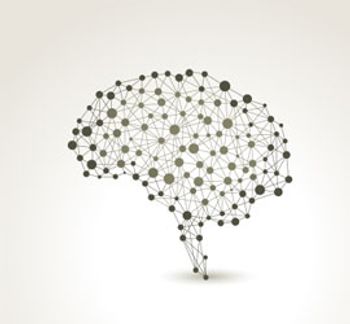
We are in the midst of a paradigm shift in the field, and new diagnostics and treatments that yield clinically significant improvement for the heterogeneous set of disorders known as schizophrenia are being developed.
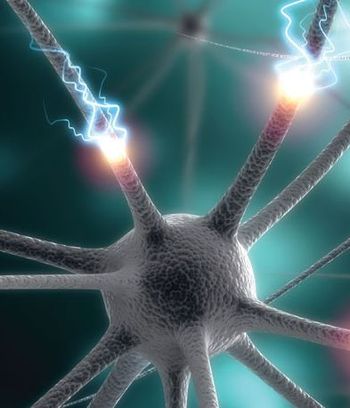
The need to stay up-to-date with the most current evidence-based information is becoming harder than ever. For this reason, the authors identify and evaluate published research that may have a direct bearing on clinical practice.

Aggressive and impulsive behaviors in schizophrenia pose many clinical challenges. The best way to reduce the risk of aggression is with adequate treatment of schizophrenia.

A paradigm-shifting finding holds the potential to alter how we perceive brain-immune interactions for disorders like schizophrenia and Alzheimer disease. It would enable a more mechanistic approach to the study of the neuroimmunology of these and other disorders.

An analysis of symptom severity across domains may enable us to reevaluate how we categorize symptoms within the spectrum of psychotic illness.
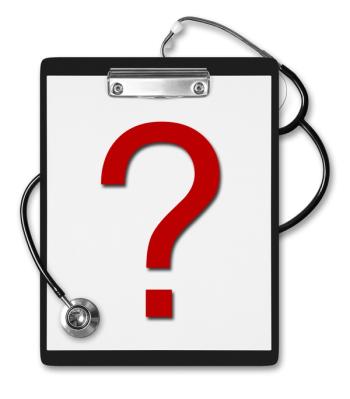
We have many tragic events that affect our collective grieving process. How should they be mourned over time?
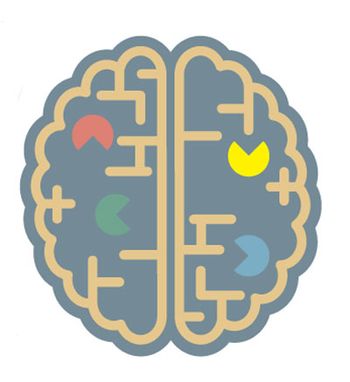
A new network-based neuroimaging study seeks to identify biomarkers across the spectrum of impairment in schizophrenia.

Physicians recognize many features of schizophrenia, but one neglected area is the common symptom of a poor self-other boundary-in fact, this has also been neglected as a criterion for the DSM.

Multiple perspectives are required to fully understand a concept. This seems to be the growing consensus with the schizophrenia spectrum disorders.

So many had stared at John Nash, for different reasons, at different times. Now that his own stare is frozen in time, the challenge is to understand the meaning of the stares that he had received during his life.